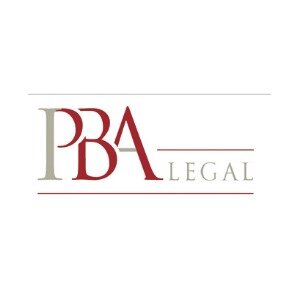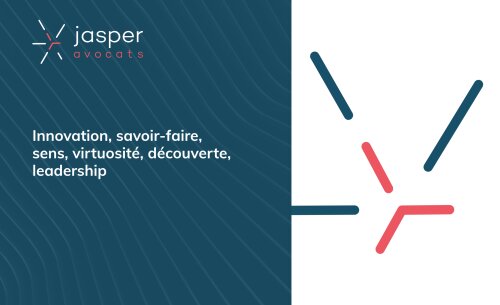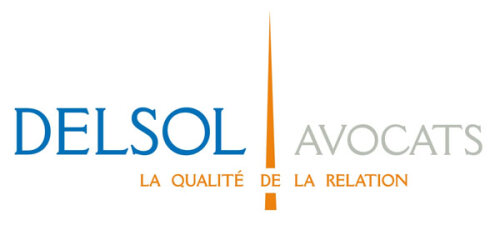Best Criminal Defense Lawyers in Paris
Share your needs with us, get contacted by law firms.
Free. Takes 2 min.
List of the best lawyers in Paris, France
About Criminal Defense Law in Paris, France:
In Paris, France, Criminal Defense Law refers to the protection provided to individuals who have been accused of committing a crime. Criminal law governs how crime proceedings are handled, from investigations, arrests to trials, and penalties. Lawyers specialized in this field protect the rights of the accused, ensure a fair trial, and challenge any potential legal errors.
Why You May Need a Lawyer:
There are many situations in which you might require legal help in Criminal Defense. If you have been accused of or charged with a crime, it's crucial to have an experienced attorney who can advocate on your behalf. Remember that the outcomes of criminal cases can have life-changing implications, such as imprisonment, heavy fines, or a permanent criminal record. A lawyer can help you understand the charge, provide advice on the possible defenses, negotiate plea bargains, and represent you, ensuring a fair trial.
Local Laws Overview:
The fundamental principles of the local criminal laws in France are laid down in the French Penal Code and the Code of Criminal Procedure. It’s important to be aware that France operates under an 'inquisitorial system', rather than the 'adversarial system' used in countries like the United States. That means the judges play a more active role in investigating the facts of the case. In the French system, a person is considered guilty once an investigating judge has concluded there is strong evidence of guilt. Hence, the role of a defense lawyer becomes critical in questioning the evidence and ensuring the defendant's rights.
Frequently Asked Questions:
1. Do I have the right to remain silent during an interrogation?
Yes, the French Constitution guarantees you the right to remain silent during any interrogation. Any statement you provide without a lawyer present can be used against you in court.
2. Do I need a lawyer for minor offences?
Even for minor offences, it is advisable to seek legal advice. A lawyer can guide you through the legal process and potentially help reduce penalties or achieve a more favorable outcome.
3. How is bail determined in France?
In France, bail can be used as a conditional release mechanism before trial. Factors such as the severity of the alleged offence, your criminal history, and your ties to the community can be considered when setting bail.
4. What is the role of an investigating judge?
An investigating judge in France conducts investigations in serious criminal cases, and their findings carry significant weight during the trial. This differs from many other legal systems where the prosecutor handles the investigation.
5. Can I appeal a criminal conviction in France?
Yes, you have the right to appeal a criminal conviction in France. Your defense lawyer can provide you with advice and guidance on this process.
Additional Resources:
Useful resources include the French Ministry of Justice, legal aid centers, and local bar associations in Paris, which can provide referrals to criminal defense attorneys. They also offer educational materials on different aspects of criminal law.
Next Steps:
If you need legal assistance in Criminal Defense, start by scheduling consultations with experienced attorneys. Prepare for these consultations by collecting all relevant documents and writing a summary of your situation. Be aware of your rights and remember legal proceedings can be complex and time-consuming, so acting promptly can help ensure your best defense.
Lawzana helps you find the best lawyers and law firms in Paris through a curated and pre-screened list of qualified legal professionals. Our platform offers rankings and detailed profiles of attorneys and law firms, allowing you to compare based on practice areas, including Criminal Defense, experience, and client feedback.
Each profile includes a description of the firm's areas of practice, client reviews, team members and partners, year of establishment, spoken languages, office locations, contact information, social media presence, and any published articles or resources. Most firms on our platform speak English and are experienced in both local and international legal matters.
Get a quote from top-rated law firms in Paris, France — quickly, securely, and without unnecessary hassle.
Disclaimer:
The information provided on this page is for general informational purposes only and does not constitute legal advice. While we strive to ensure the accuracy and relevance of the content, legal information may change over time, and interpretations of the law can vary. You should always consult with a qualified legal professional for advice specific to your situation.
We disclaim all liability for actions taken or not taken based on the content of this page. If you believe any information is incorrect or outdated, please contact us, and we will review and update it where appropriate.
Browse criminal defense law firms by service in Paris, France
Paris, France Attorneys in related practice areas.
















